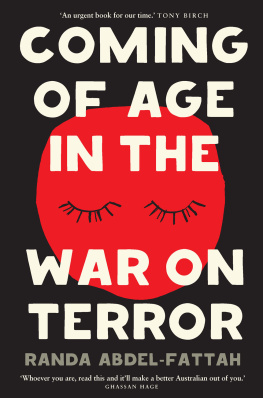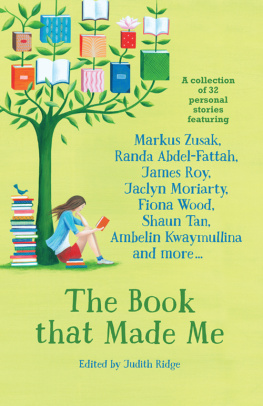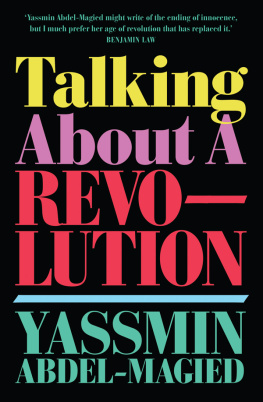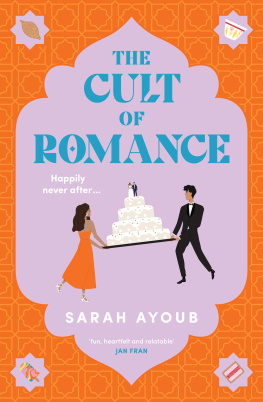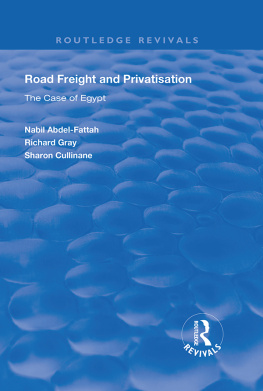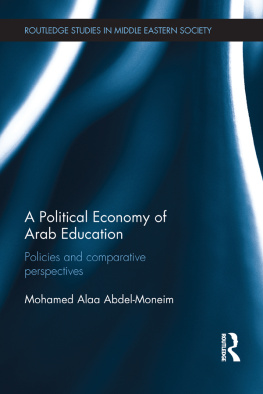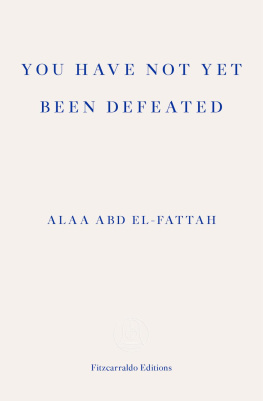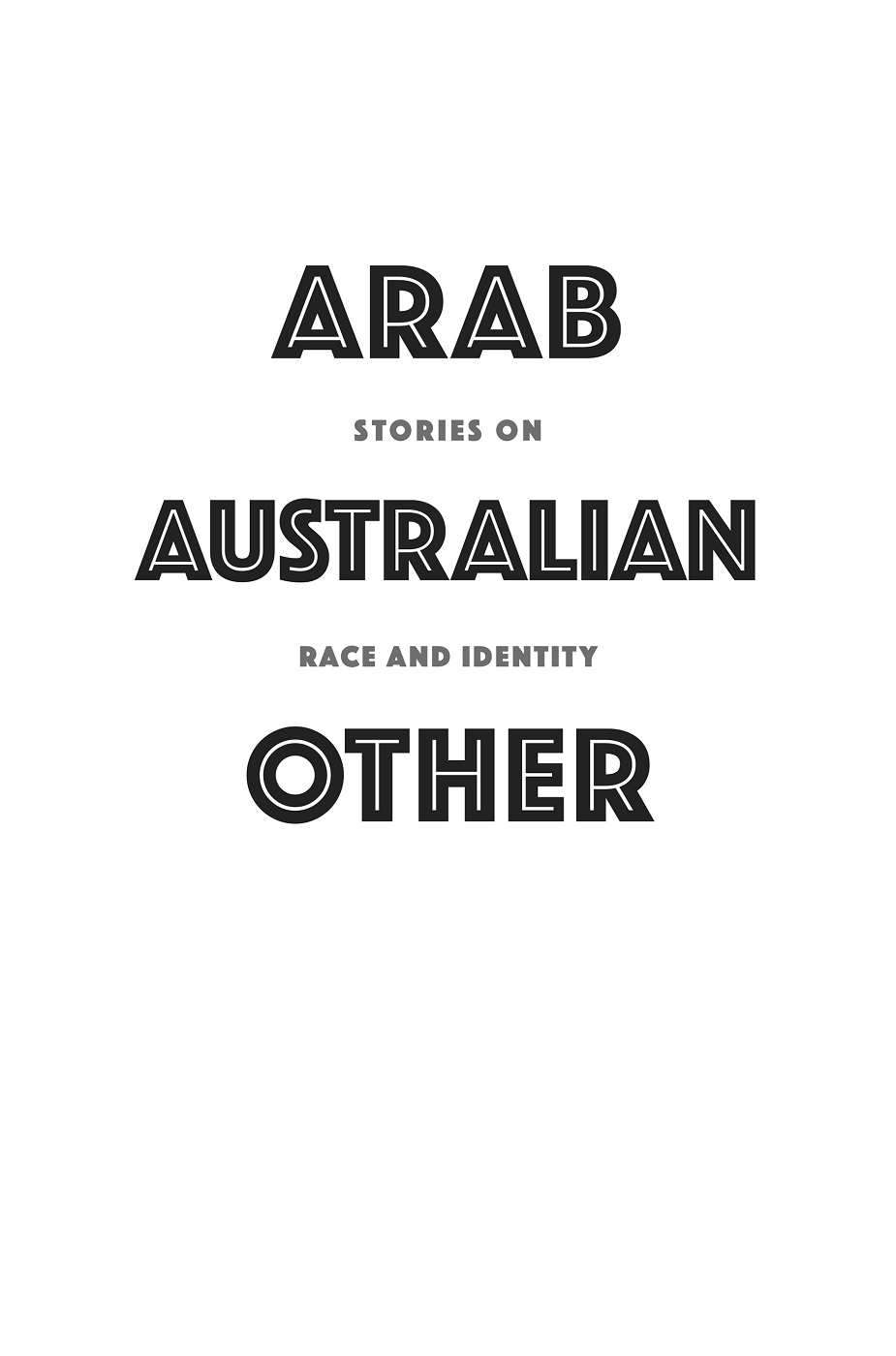About Arab, Australian, Other: Stories on Race and Identity
Although there are 22 separate Arab nationalities representing an enormous variety of cultural backgrounds and experiences, the portrayal of Arabs in Australia tends to range from homogenising (at best) to racist pop-culture caricatures.
Edited by award-winning author and academic Randa Abdel-Fattah, and activist and poet Sara Saleh, and featuring contributors Michael Mohammed Ahmad, Ruby Hamad and Paula Abood, among many others, this collection explores the experience of living as a member of the Arab diaspora in Australia and includes stories of family, ethnicity, history, isolation, belonging and identity.
CONTRIBUTORS INCLUDE:
Paula Abood | Nokomi Achkar | Michael Mohammed Ahmad | Rooan Al Kalmashi | Ryan Al-Natour | Rawah Arja | Hana Assafiri | Sarah Ayoub | Omar Bensaidi | Sara El Sayed | Asma Fahmi | Farid Farid | Ruby Hamad | Abdulrahman Hammoud | Lamisse Hamouda | Amani Haydar | Miran Hosny | Lora Inak | Elias Jahshan | Nicola Joseph and Huna Amweero | Zainab Kadhim and Mohammad Awad | Wafa Kazal | Yassir Morsi
About the author
Randa Abdel-Fattah is a Postdoctoral Research Fellow in the Department of Sociology at Macquarie University where she is researching the generational impact of the war on terror on Muslim and non-Muslim youth born into a post 9/11 world. She is a prominent anti-racism and Palestine advocate and a multi-award-winning author of eleven young adult and childrens books published in over sixteen countries. Randa is currently working on the film adaptation of her novel Does My Head Look Big in This? and is keen to use her intervention into popular culture to reshape dominant narratives around race.
Sara Saleh is a poet and activist. A campaigner for refugee rights and racial justice, she has spent the past decade working with Amnesty International and CARE International in Australia and the Middle East. She is currently completing her Juris Doctor, developing her debut novel and is a proud Bankstown Poetry Slam Slambassador.
To the families of Diaspora, may we always have stories to tell.
Contents
On fitting in and being different
On both gay and Arab identities
Poetry
On racial bullying in school
On being Arab and feeling enslaved to stereotype
A stream of consciousness on the struggle against the criminalising narratives of refugees
On social anxiety and singleness in an Arab-Australian community
A personal essay on feminist wajb
On being Arab in regional Australia
How living as an Arab in Australia shapes creative practice
On the individuality of Arab culture and language in an Australian context
Poetry

On the term Leb with reference to gang stereotypes
On haq, truth for restorative justice
On how the relationship between a woman and her deceased mother shaped her as an Arab growing up in Australia
On racial profiling
A mother-daughter conversation on decolonising Arab identity on stolen land
On the promise of happiness
On resistance and acceptance of Lebanese identity
Poetry
On marriage and online dating as an Arab Muslim
A reflection on names: the ones we take and the ones we give
On women and ritual and art
On death in the diaspora
On carrying on the work of ancestors cut down
Introduction
Anthologies can function like time capsules. An excavation of stories, testimonies and memories, they offer us a sense of peoples everyday lives at a particular juncture in time, an understanding of who we were and who we are. While many of the writers and poets in this collection weave in and between different stages of their lives, there is a distinct time place feeling that lingers over this anthology. A feeling that most of the voices who are speaking to us belong to a distinct generational category. Not in the sense of an age cohort, but in the sense that this is a generation of lives distinctly shaped and shadowed by a post 9/11 world.
The stories brought together here are dynamic and self-determined, but most are also inescapably haunted by the spectre of a nation, indeed a world, in which the word Arab is more accusation than identity. Even those stories which began in the 1970s and 80s play out here with different endings to those likely imagined by writers prior to 9/11. From defining oneself as not-ethnic-gangster, not-drug-dealer, not-rapist; to jaywalking Arab or playing Aladdin in the school playground. To the ache and pain of being named, of being denied ones name, of changing ones name. To being Lebanese... but, Muslim... but, hijabi... but. To speak of coming out Palestinian, or painting flowers as a political, feminist act. To aerobics and hair removal or ones work supervisor politely questioning if you plan to join ISIS. All of these stories are located in the particular context of a world at war on terror, at war with and on the Middle East.
And yet... can the metaphor of a time capsule really capture what it is to be Arab-Australian-Other? For can Western colonialism be contained? Will there ever be a time when the scars, agonies, ghosts and intergenerational trauma are capable of being sealed into a historical moment?
Palestine, Iraq, Syria, Yemen... colonialism, imperialism, the war on terror, the Arab revolutions and their quashing, offshore detention centres (torture chambers): all of this is not was. It is now, as the contributors created their pieces, as we write this introduction, as you read this book. A first-year university student in Sydney recites her own lest we forget: the names of her family members lost at sea. We reflect on what it means to be hyphenated, even in death. Another writes on the death of his father who never had a chance to return to his occupied homeland, Palestine. It is clear that to write about what it means to be Arab-Australian-Other is like trying to rake leaves on a windy day. Just as soon as you capture some peace within yourself, you are at risk of being scattered by the winds of imperialism and war.
*
Oh but Arabs are a resilient bunch. And the women. The women! Revolting women. Agitators, rebels rocking, shaking, capsizing the patriarchal boat. Women fighting Islamophobia and anti-Arab racism on the outside, and women fighting anti-blackness, colourism and racism on the inside, within the Arab community. Women who stand up to expectations about who they should and should not marry, and women who negotiate bumping into unwanted male suitors at the Arab-Aussie unifying equivalent of the local pub a Free Palestine Protest.
The Arab-Australian-Others in this book spend a lot of their lives being subversive: subverting norms around gender, sexuality, race and religion. And yet the joy, humour and wisdom with which they share their battles illustrates time and again that they refuse to be defined or even to define themselves.
Edward Said tells us: No-one today is purely one thing. Labels like Indian, or woman, or Muslim, or American are not more than starting-points, which if followed into actual experience for only a moment are quickly left behind... Yet just as human beings make their own history, they also make their cultures and ethnic identities. Within the pages of this book are human beings who are clearly more than purely one thing there is a before, and an after, an ongoing. Perhaps the most liberation a human being can hope for is the freedom of fluidity.


